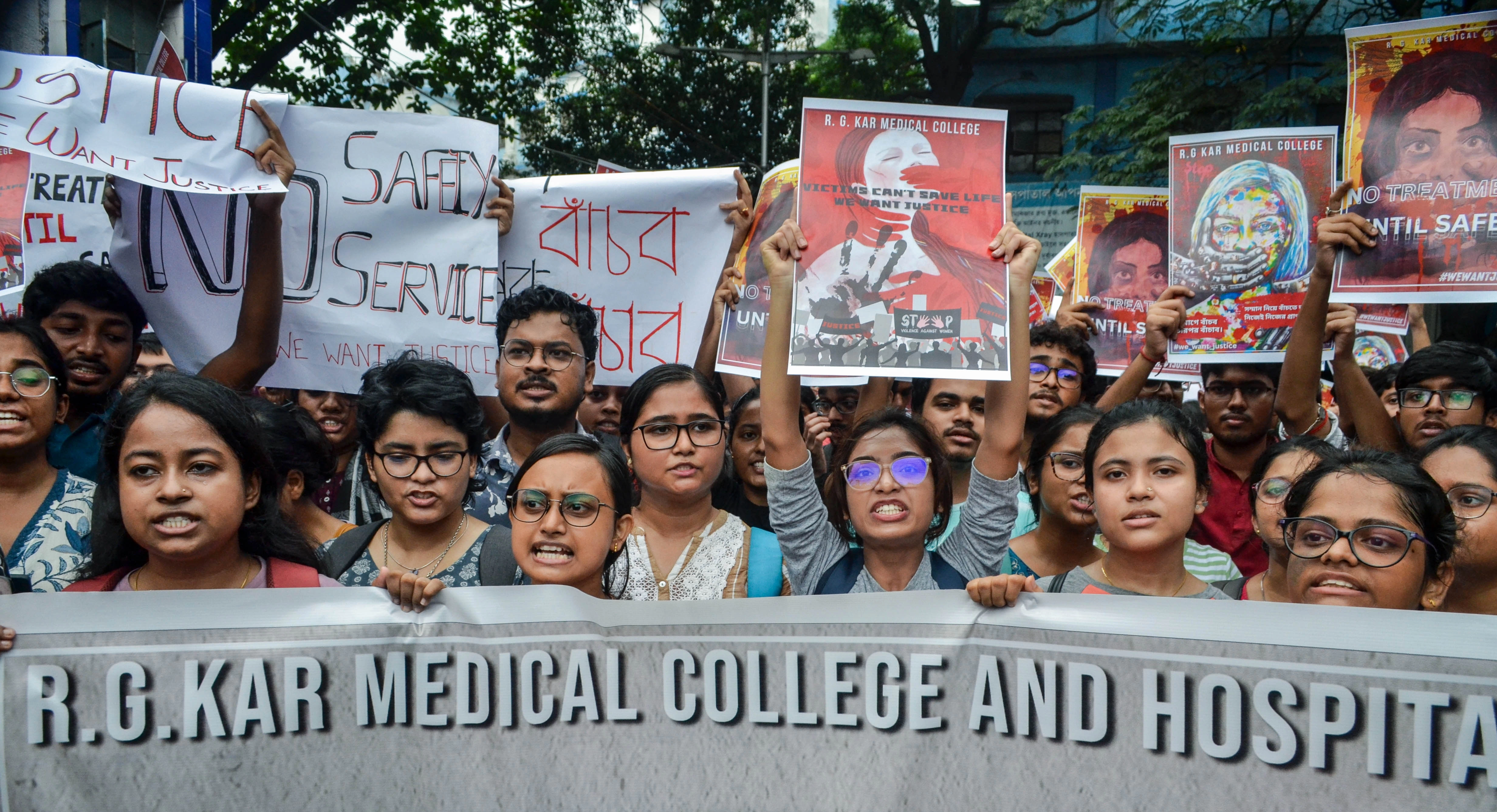Tejashwi Yadav, the leader of the Rashtriya Janata Dal (RJD), has recently voiced strong criticism against Bihar Chief Minister Nitish Kumar in light of the alarming Muzaffarpur rape case. The incident, which has drawn widespread media attention and public outrage, involves the alleged sexual assault of minor girls at a shelter home in Muzaffarpur. Tejashwi has taken to social media and public forums to express his discontent with the state government’s handling of the situation, arguing that the administration has failed to protect its most vulnerable citizens. He accuses Nitish Kumar of negligence and incompetence, questioning the effectiveness of the government’s policies aimed at ensuring the safety and security of women and children in Bihar.
In his remarks, Tejashwi Yadav emphasized the importance of accountability within the government, stating that leaders cannot turn a blind eye to such heinous crimes. He highlighted the need for immediate and decisive action to ensure justice for the victims and to restore public trust in the state’s law enforcement agencies. The RJD leader also pointed out that the recurring incidents of sexual violence against women in Bihar are indicative of a larger systemic issue, one that requires comprehensive reforms and a more robust approach to safeguarding human rights. He urged the government to take concrete steps rather than merely making promises or issuing statements that lack follow-through.
The Muzaffarpur case has reignited discussions around the safety of women in India, particularly in states like Bihar where such incidents occur with disturbing frequency. Tejashwi’s critique of Nitish Kumar’s administration is not just a political maneuver; it reflects a growing concern among the populace regarding the efficacy of the current government’s strategies to combat sexual violence. As public pressure mounts for accountability and justice, the opposition leaders are increasingly vocal about their demands for a change in governance that prioritizes the welfare of women and children. Tejashwi’s stance serves as a rallying cry for those advocating for better protection measures and legal reforms, emphasizing that the fight against sexual violence must be a collective effort involving all sectors of society.




